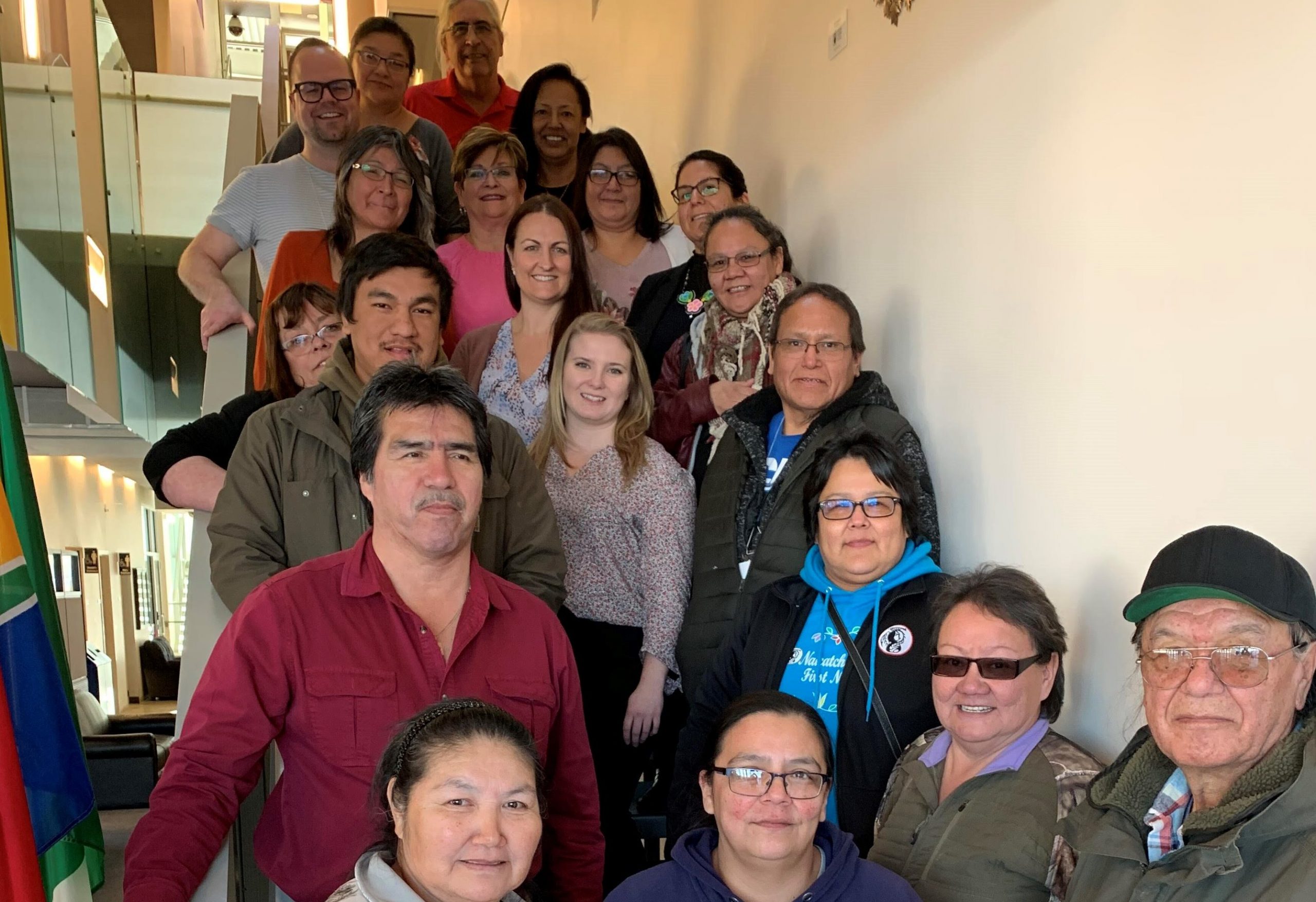Indigenous communities create virtual experiences for NOSM students
Posted on June 30, 2021
Spending four weeks in a remote, rural or fly-in Indigenous community is typically a rite of passage for first-year medical students at the Northern Ontario School of Medicine (NOSM), but the pandemic put a halt to all travel in 2020.
The School has earned a national and international reputation for offering in-community experiences that help students gain both a cultural understanding of Indigenous communities and a feel for the broad range of health inequities and barriers to care that exist in Northern Ontario. In the midst of the pandemic, it was not possible to send students into communities.
It was decided the safest option was, for the first time ever, to deliver the immersive experiences online. Indigenous Local Community Coordinators (LCCs)—who organise placements in their home communities—got creative and found a workable alternative.
“The LCCs worked with flexibility and the willingness to do things differently, even though they faced significant planning challenges,” says Sam Senecal, Community Coordinator who has been supporting First Nation communities and the LCCs for 16 years. “It wasn’t easy,” says Sam.
“I was concerned about finding Elders and speakers that would be willing to speak through a virtual platform, and not having the students experience ceremonies and cultural activities,” says Jennifer Hulmes, LCC and Health Promoter in Wassay Gezhig Na Nah Deh We’igamig located in the Obashkaandagaang (Washagamis Bay) First Nation, near Kenora. Yet, in the end, Jennifer says the students were still able to relate and connect with the speakers. “This stood out and pleasantly shocked me,” she says.
Although virtual programming isn’t ideal, Jennifer says it did provide an effective temporary solution. “The virtual placement has been very successful for what the students needed during these unprecedented times. Once we are able to, I do believe the in-person placement is more beneficial to the students for them to truly understand and take in the Anishinaabe culture.”
For several other Indigenous communities, the shift to virtual learning meant cancelling rich cultural experiences like sitting with Elders, feasts with community members and time out on the land. Instead of the usual 20 hours of blended cultural and clinical time when students go to community clinics and learn from a primary care physician or nurse practitioner, communities agreed it was more reasonable to organise 10 hours of planned online learning experiences.
Tammi Shaw, a NOSM LCC and a Diabetes Prevention Worker in Biitgitong Anishnaabeg First Nation (Ojibways of Pic River), recalls a moment that stood out. “One of the sessions that I believe was the most valuable was the teaching and making of the Medicine Wheel. It is definitely an amazing tool,” says Tammi. “I believe the students got so much more from it than they expected. There is great importance in wholistic health and the Medicine Wheel is a great tool that shows our spiritual, emotional, physical, and mental self, and the importance of balance.”
Internet issues, coupled with mother nature, posed other uncertainties, says Eileen Boissoneau. She is the Health Director in Mattagami First Nation located 110 kms southwest of Timmins. Eileen says she was able to overcome the drastic change in bad weather that prevented scheduled events from being held. “As opposed to a virtual live session, we worked with pre-recorded sessions as a way to fill the gap during cancellations,” she says.
Eileen said the highlight was a comment received by a student during the evaluation session that was very inspiring. “The comment was ‘I plan to visit the community in the future.’ A seed was planted for this student to consider serving a remote location after graduation,” says Eileen. And after all, this is what the placements are all about.
Indigenous community placements at NOSM are part of the School’s unique social accountability mandate and are intended to shape and inspire learners to consider living and practising in an Indigenous, remote or rural community. NOSM currently partners with 42 Indigenous communities and organisations who have signed long term partnership agreements to host NOSM medical students. The long-term partnership provides a framework to ensure a successful, mutually beneficial placement for both the community and students.
Read and watch more about Local Community Coordinators
NOSM celebrates 15 years working with Local Community Coordinators
*Note: The group photo of the Local Community Coordinators (LCCs) was taken prior to the COVID-19 pandemic.


